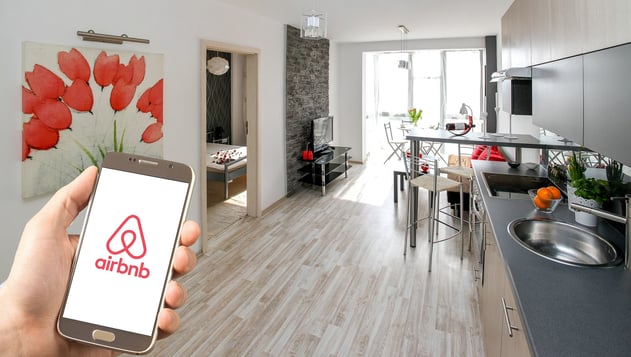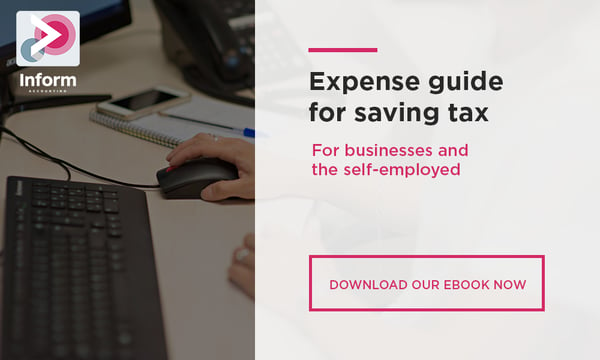BLOG
HMRC receives Airbnb letting data

Landlords should realise that HMRC will know about their lettings through Airbnb, so full disclosure of all their taxable property income is essential, including for all prior years.
The Airbnb UK accounts for the year to 31 December 2019 include a statement that the company will share data with HMRC about the earnings of hosts (those who let out property) on its UK platform in the years 2017/18 and 2018/19, Reuters reported.
Opening enquiries
The Airbnb data will allow HMRC to launch targeted enquiries into the tax affairs of individuals who have not declared their lettings income for 2017/18 and 2018/19. The deadline for opening an enquiry into a self assessment return for 2018/19 is 31 January 2021, if the return was issued and submitted on time.
However, the discovery rules allow HMRC to go back much further, up to 20 years in some cases. The data provided by Airbnb will certainly constitute a discovery for HMRC’s purposes, so up to 20 years will be open for enquiry.
HMRC is reported as saying it will address any issues over the landlords’ payment of tax in 2021/22. This clearly indicates that HMRC expects to use its discovery powers to open up tax enquiries going back some years.
What to declare
The Airbnb insight report for 2017/18 says the annual earnings from Airbnb by a typical UK host is £3,100, (£3,800 in Scotland). This lies within the rent-a-room relief allowance of £7,500, so would not generate a tax reporting obligation for a host who only lets out part of their main home.
However, letting a second or third home that generates income in excess of £1,000 in a tax year will create a tax reporting obligation. The £1,000 limit is the trading and miscellaneous income annual allowance that can apply to letting income that doesn’t fall within rent-a-room relief.
How to declare
If the landlord hasn’t declared their rental income, and it is not covered by rent-a-room relief or the miscellaneous trading income allowance, this situation should be swiftly corrected.
Where the taxpayer has submitted a tax return, and it is still in date for amendment, it should be amended without delay. The 2018/19 tax return can be amended by the taxpayer until 31 January 2021.
Where the omitted property income or gain relates to earlier tax years the taxpayer should consider disclosing under HMRC’s let property campaign.
This disclosure service has been running for over seven years, but it is only open to individuals who let UK residential property. It can’t be used to declare income from non-residential property or where the property has been let through a company or trust. Where the let property is located overseas the worldwide disclosure facility should be used.
The advantage in using the let property campaign to disclose is that the penalties charged for non-disclosure will be much lower than if the taxpayer waits for HMRC to contact them. If full disclosure and payment of the tax is made before HMRC spots there is a problem, the penalty can be reduced to nil.
Need help?
If you are uncertain about whether you should make use of the Let Property Campaign and need some advice, or you would like to find out more about how to declare your rental income, get in touch with us today on (0121) 667 3882 or email us at hello@informaccounting.co.uk.
Read more of Inform's tax blogs:
Live page: Accounting advice during business disruption
It's that wonderful time of the year...for fraudsters to pray on taxpayers!
Paying yourself a salary: What are the most tax efficient options for limited company owners?
Four key cashflow issues that could cripple your business (and how to avoid them)...




.jpg?width=1500&height=1000&name=amy-hirschi-K0c8ko3e6AA-unsplash-(5).jpg)

